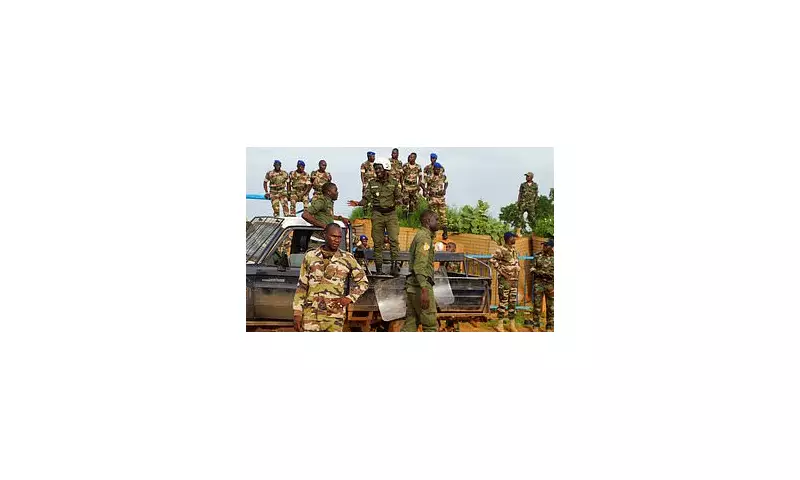
In a brutal display of violence that has shocked the international community, Islamist militants have summarily executed nearly 130 civilians in a coordinated attack in southwestern Niger. The bloodbath, which targeted multiple villages in the Tillabéri region, represents one of the deadliest assaults on civilians in the country's recent history.
Prayers Interrupted by Gunfire
The atrocity unfolded during Friday prayers when armed jihadists stormed a mosque in the village of Banibangou, approximately 110 miles from the capital Niamey. Witnesses report that militants surrounded the place of worship before opening fire on approximately 70 worshippers who had gathered for weekly prayers.
Systematic Execution Campaign
According to local security sources, the massacre was not limited to the mosque attack. The militants proceeded to conduct house-to-house raids in surrounding villages, systematically executing civilians in what appears to be a calculated campaign of terror. The death toll currently stands at nearly 130, with many victims shot at close range.
Regional Security Crisis Deepens
This horrific incident highlights the deteriorating security situation in the Sahel region, where groups affiliated with both Islamic State and al-Qaeda have established strongholds. The Tillabéri region, which borders Mali and Burkina Faso, has become a particular hotspot for jihadist activity despite the presence of international military forces.
International Condemnation
French President Emmanuel Macron and other world leaders have condemned the attacks, describing them as "cowardly and barbaric." The United Nations has called for immediate action to protect civilians in the region, while humanitarian organizations warn of an escalating refugee crisis as villagers flee the violence.
Growing Humanitarian Concern
This massacre compounds an already dire humanitarian situation in Niger, where millions face food insecurity and displacement. The continuing violence threatens to undermine development efforts in one of the world's poorest countries, creating a cycle of instability that affects the entire Sahel region.
Local authorities have launched investigation operations, while survivors are being transported to medical facilities in the capital. The Niger government has declared three days of national mourning for the victims of this senseless violence.





